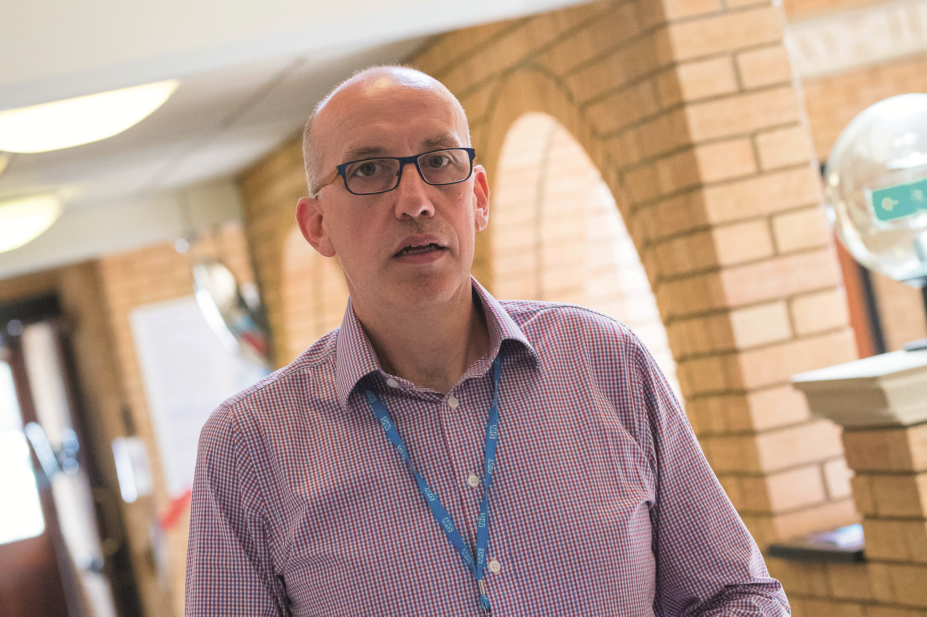
Courtesy of Steve Williams
Transitions of care and shared decision-making should be the highest priority for the NHS Improvement’s national Medicines Safety Programme, the Royal Pharmaceutical Society (RPS) has said.
But the RPS did not support suggestions from NHS Improvement that a nominated pharmacist should be designated to manage medicines during patient transitions between all care settings.
NHS Improvement launched a survey to gather views on its proposals for priority setting in December 2018, ahead of the launch of its national Medicines Safety Programme in April 2019.
The survey asked for feedback from individuals and organisations on its suggestions for making improvements in safety across six “headline” areas: shared decision-making; drug administration; medicines safety in care homes; older people; transitions of care; and anticoagulants.
In its response, the RPS rated anticoagulants as the lowest priority, owing to the fact that pharmacists are already involved in the use of anticoagulants, including early detection of atrial fibrillation. However, the Society said it was a “definite” group to consider under transitions of care owing to the risk of coagulation when patients move between care settings.
“This is an area where better integration of pharmacists and improved two-way communication systems across sectors will have an impact on medicines safety,” the RPS stated.
It also pointed out additional areas that it considered important were not included in the proposals, including palliative care, opioids and antibiotics.
In response to suggestions around transitions of care, the RPS did not identify NHS Improvement’s proposal to have a nominated pharmacist designated to manage medicines during patient transition as a priority. Instead, it focused on the need for improved communication between health and care settings and a single universal system of medication records.
Bryony Dean Franklin, professor of medication safety at UCL’s School of Pharmacy and theme lead for the National Institute for Health Research Imperial Patient Safety Translational Research Centre, said it would be “challenging” to prioritise any of the six areas because they were all important.
“However, cross-cutting themes, such as better equipping patients and carers to be active partners in medication use and better use of technology, would be likely to have the greatest benefit,” she said.
Steve Williams, clinical spokesperson on medicines safety at the RPS and a senior clinical pharmacist in general practice at Westbourne Medical Centre in Bournemouth, said it was important for NHS Improvement to focus on what could be realistically achieved in three years. This would be in line with the ‘World Health Organization global patient safety challenge: medication without harm’, which aims to reduce severe and avoidable harm caused by medicines by 50% by 2022.
“We need to stick to the facts and the evidence,” said Williams. “NRLS [National Reporting and Learning System] data clearly shows which drugs cause the most harm to patients — anticoagulants, insulin, opioids — that’s where the focus should be.”
However, he added that the number one focus should be on frail older people. “They’re the ones in care homes and going through transitions of care, and they’re the group where if you get it wrong, it’s going to be worse.”
Williams said that “meaningful” medicines reviews should be carried out with people who are taking high-risk medication and more than eight medicines.

